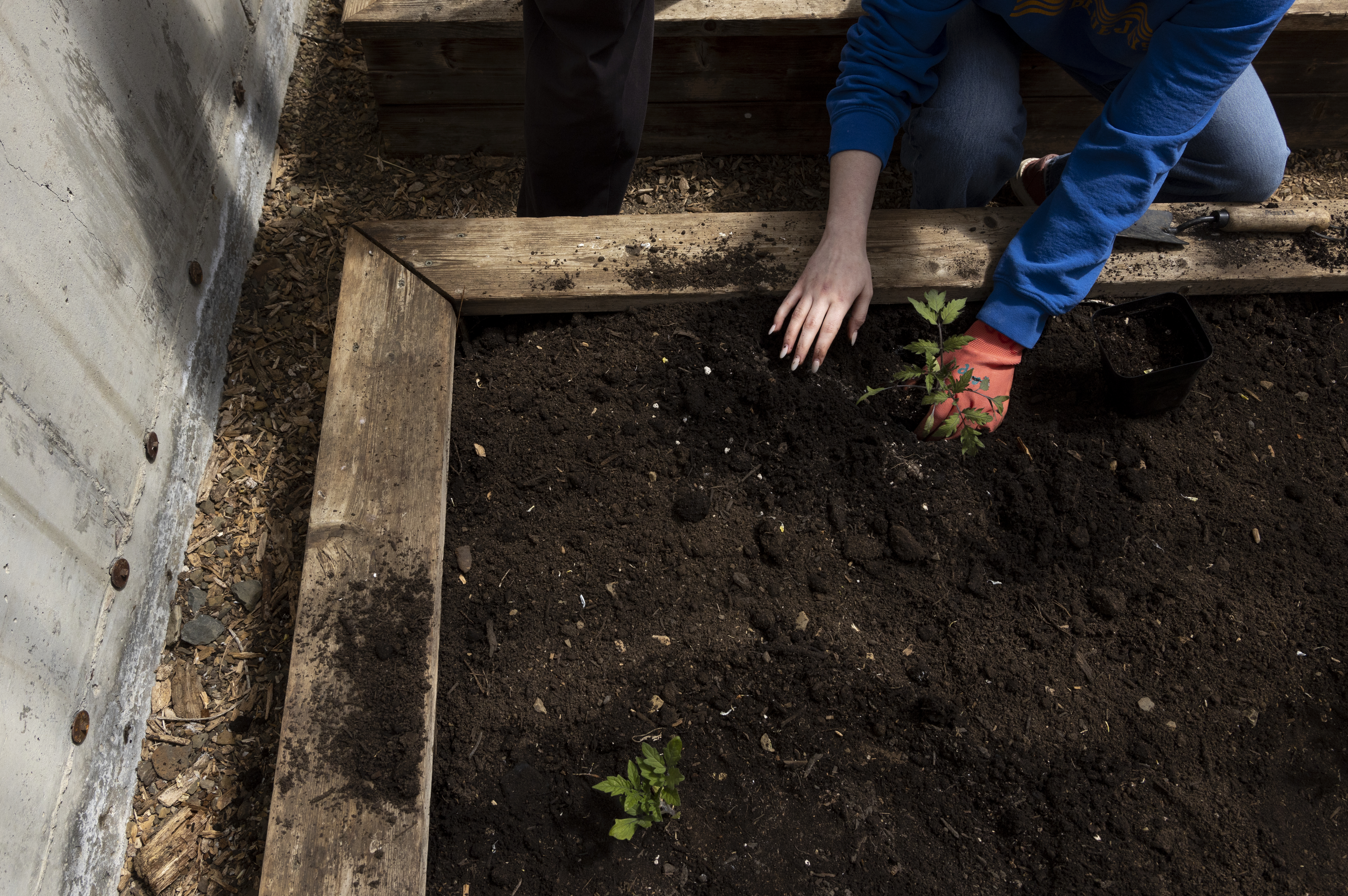OSU Must Leave History Behind For Civil War
Published 4:00 pm Thursday, November 28, 2013
![]()
Had Oregon State not taken the gas pipe in its 69-27 shellacking by Washington last Saturday, a case could be made that Oregon is more vulnerable than in any Civil War game since 2007.
That was the classic in which James Rodgers’ fly sweep was the difference for OSU in a 38-31 double overtime win against the Ducks at Autzen Stadium.
Oregon has won all five since then and will be looking to make it six in a row in the 4 p.m. Friday Autzen duel televised nationally over Fox Sports 1.
Had Oregon State beaten Washington — or even been competitive in a tight game — there would have been more optimism than usual in the OSU camp that the Beavers (6-5 overall, 4-4 in Pac-12 play) have a legitimate shot to upset the Ducks (9-2, 6-2).
Oregon’s defensive front got exposed in losses to Stanford (26-20) and Arizona (42-16), teams that used a potent ground game and ball control to full advantage.
The Beavers, though, don’t roll that way.
They pass first, pass second and occasionally throw in a run. It’s been that way all season. The Beavers rank third nationally in passing yardage (388.3 per game) and 120th out of 123 FBS teams in rushing yardage (72.8).
Oregon State coach Mike Riley would like to be more balanced, but OSU’s offensive line has too often been unable to get a push in the trenches, leaving the Beavers one-dimensional.
Quarterback Sean Mannion, who needs 370 yards to break the Pac-12 single-season passing record set by Washington’s Cody Pickett in 2002 (4,458), must be more efficient than he has been during Oregon State’s four-game skid. In Oregon State’s first eight games, Mannion had 30 touchdown passes and three interceptions. In the three games since then, the 6-5, 225-pound junior has four TDs with 10 picks. That kind of ratio is unacceptable.
Riley wants to involve all aspects of the pass game, including deep balls to Brandin Cooks and Richard Mullaney, the intermediate looks to tight ends Connor Hamlett and Caleb Smith and the screen game to tailbacks Storm Woods and Terron Ward. The coach would love to incorporate the fly sweep with Cooks and Victor Bolden and get enough out of the inside game with Woods and Ward to churn up some clock and keep the ball out of Oregon’s hands.
“We have to find a rhythm and be consistent with (pass) protection and running the ball,” Riley says.
The concern is just as great on the defensive end. Oregon State’s defense, which had limited six of its previous seven opponents to fewer than 400 yards total offense, gave up 692 yards to Washington — 530 rushing. That’s more real estate on the ground than any team has ever run up on the Beavers.
Enter Oregon, which has made a living running the ball through the Chip Kelly/Mark Helfrich spread offense era. The Ducks enter the Civil War 10th nationally in rushing offense (277.9), but also 20th in passing offense (295.5) and third in total offense (573.5). That’s balance, and it’s something the Beavers have had trouble containing through their five-game losing streak in the series.
“We have to be really good up front,” Riley says. “They’re so dynamic on offense, you have to be sound and physical and make plays. Big plays are huge in a game like this against a team like that.
“We have to be good in pursuit angles and sound in the secondary. (Quarterback Marcus) Mariota is a terrific player who can extend plays and make plays down the field. You have to be active and sound all the time.”
Riley was impressed with the job the Wildcats did in handling everything Oregon threw at them in Tucson, especially with the precision Arizona showed in moving the ball offensively.
“It was pretty incredible,” he says. “I don’t know if they had a play over 15 yards in the game, but they kept care of the football with timely plays and kept pounding the ball. You kept waiting for the Ducks to respond, but (the Wildcats) ball-controlled them so much, they never got into it.”
The week before the Wildcats knocked off the then-fifth-ranked Ducks, they were upset 24-17 at home by Washington State. Riley made sure his players are aware of how a team can turn things around so quickly in one week.
“Our league is like that right now,” he says. “With a few exceptions, anybody can beat anybody. I don’t know anybody would have picked (Washington State) to beat Utah. That’s the way it’s going right now. There are no sure things. Who plays the best that day is going to win the game, period.”
Like every opponent, Oregon will focus its defense on containing Cooks, who leads the nation in receptions (110) and receiving yardage (1,560), is second in receiving touchdowns (15) and needs nine catches, 162 yards and four touchdowns to become the Pac-12 single-season record-holder in all three categories. The Beavers will continue to do their best to get the ball in the hands of the player who should be a shoo-in to win the Biletnikoff Trophy as the nation’s outstanding receiver.
Does Riley worry about losing support from Beaver Nation with his team’s second-half slide?
“Certainly,” he says. “There are a lot of things we do this for. One of them is, we want to be a good team for our school and our fans. There’s a lot of reasons for them to be both disappointed and upset about not doing well.
“That’s why we’re going to attack things this week with a positive perspective. We know we’re not the team that played so poorly against Washington. We’re going to do everything in our power to turn that around Friday. I expect us to play our best football. I know our guys expect that from themselves, too.”
kerryeggers@portlandtribune.com
Twitter: @kerryeggers
This story originally appeared on Oregon Public Broadcasting.





